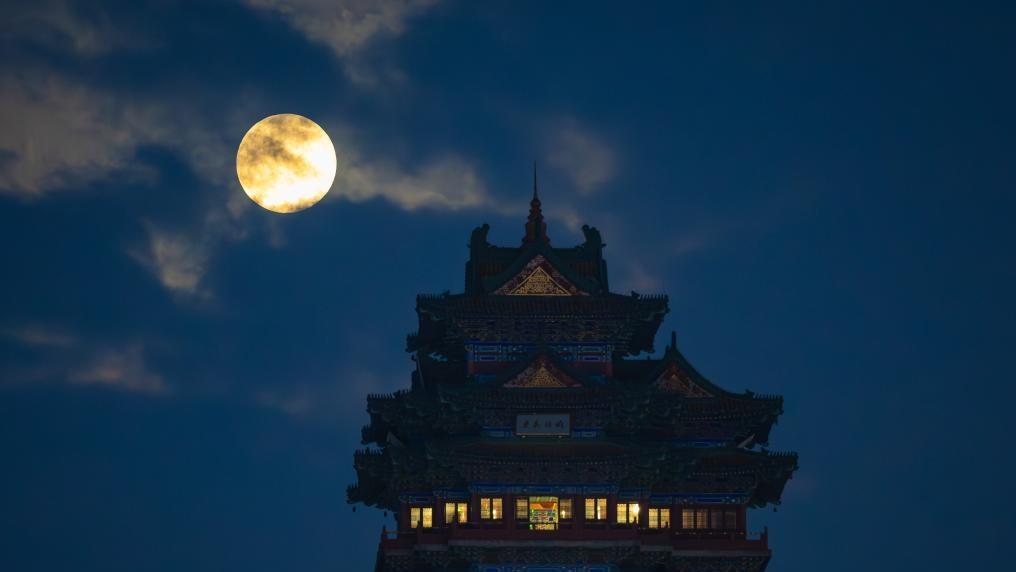U.S., Chinese film executives stress collaboration in dealing with future challenges
LOS ANGELES, Nov. 10 (Xinhua) -- Leaders from Hollywood and major Chinese studios agreed upon the importance of collaboration to better navigate rapid changes affecting the global film and TV industry here Friday at an event as part of the Chinese American Film and Television Festivals.
Executives from China Film Group, Shanghai Film Group, Disney, Warner Bros. and other industry figures attended the Chinese American Film and Television Summit at Loyola Marymount University to examine fast-shifting global entertainment trends, new avenues for co-production, and the responsibilities filmmakers bear in conveying truth and empathy in an increasingly fragmented world, said James Su, who has run the festivals for 21 years.
He told Xinhua the forum has played a key role in fostering international collaboration, artistic appreciation and cultural exchanges between China and the United States, the world's two largest and most influential film markets.
Panelists also highlighted the importance of collaboration between the two countries to better navigate rapid changes affecting both industries.
"Collaboration has the potential to unlock creative synergies, expand global reach, and foster cultural exchange," said Emmy Award-winning filmmaker Alex Azmi. Other speakers noted that co-productions, talent exchanges and joint ventures have produced films with global resonance, blending Eastern and Western storytelling traditions.
The first panel on Friday explored the social responsibility of film and its ability to convey truth and empathy. Panelists underscored that cinema possesses a unique power to reflect, challenge and shape social realities.
"Film has unique emotional depth," said Academy Award-winning filmmaker Richard Anderson. "It can illuminate truths and provoke social change."
Audience members cited the broad social impact of films such as China's "Dying to Survive," Hollywood's "Philadelphia" and "Erin Brockovich," and South Korea's "Parasite," which either spurred greater public awareness, or expanded healthcare access and pharmaceutical reforms, and strengthened calls for corporate accountability on environmental issues.
The second panel centered on growing competition from emerging short-form formats, which speakers noted have fundamentally reshaped how audiences consume visual storytelling.
"As these new media formats continue to grow, the traditional film industry must adapt or risk losing relevance in an increasingly fragmented and fast-paced content landscape," said Randy Greenberg, executive producer of the U.S.-China global blockbuster "The Meg."
While advanced technologies have expanded possibilities in visual effects and virtual production, they have also raised concerns about job displacement and creative control. The use of artificial intelligence in scriptwriting, editing and even acting has triggered ethical debates and fears of automation eroding human creativity.
Episodic verticals -- serialized stories presented in short segments optimized for mobile viewing -- have surged on platforms such as Snapchat and Instagram, encouraging creators to produce content in bite-sized episodes.
"Audiences, especially younger generations, are increasingly drawn to snackable media that fits into often mindless everyday moments," said M. Tiberi, a Los Angeles-based film producer and CEO. "This shift challenges filmmakers to reconsider pacing, narrative structure and engagement strategies, as the expectation for instant payoff grows."
"We are living in an 'adapt or die' world," said Grammy Award-winning composer Omar Akram.
Photos
Related Stories
Copyright © 2025 People's Daily Online. All Rights Reserved.









